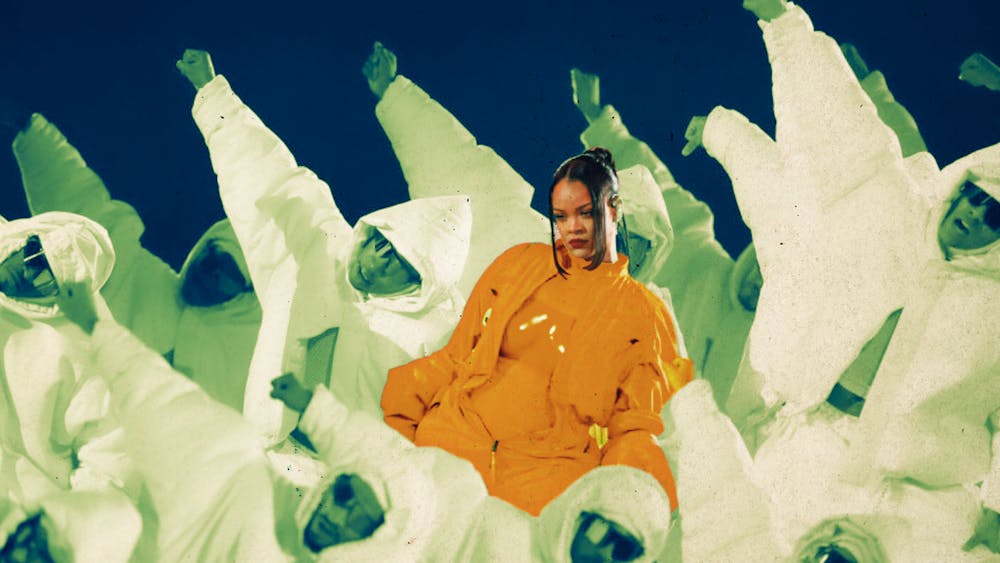From Rihanna to Cardi B, Brazilian Funk has been enjoying its time in the limelight, but in the midst of its rise and international recognition, the musical genre still suffers from critical prejudice and criminalization from higher classes. Even in its own country of origin, Brazilian Funk is an export product that Brazil’s own citizens have not yet learned to value.
It is not new that cultural exports coming from the slums are looked down upon, and Brazilian Funk is no different. Born in the late 1970s in Rio de Janeiro, Funk is a cultural movement with strong and energetic beats. Its lyrics show the reality of the Brazilian "favelas". Themes such as racism, police abuse, and demands for better living conditions echo in the verses, such as in the classic “Eu Só Quero É Ser Feliz” (I Just Want To Be Happy) by Cidinho e Doca. The world of Funk has resonated with many low-income communities looking for a way to overcome the harshness of life, ascend socially, and express themselves freely. Whether the Brazilian elites like it or not, Funk is now the flagship of Brazilian pop culture on the world stage.
Funk has quickly transcended the slums of Rio de Janeiro and spread to Europe, Australia, Canada, and, of course, the United States. Now, Rihanna is the latest pop star to give Brazilian Funk music a global boost. During her halftime show at the Super Bowl on Feb. 12, the singer performed a Brazilian Funk remix of “Rude Boy.” But this is not the first time it happened: Cardi B took Brazilian Funk to the Grammys stage in 2021. The singer used an excerpt from Pedro Sampaio's remix of “WAP” during her performance.
Amongst its skyrocketing popularity, Brazilian artists have also been able to stake their own claim in Funk’s rise. Native Brazilian artist Anitta has made her own waves in the Brazilian Funk scene as of late. She is certainly already one of the most influential Brazilian Funk singers nationally and internationally. A self-titled “Girl From Rio,” Anitta broke the chains of language and Brazilian borders, arriving in Hispanic America and the United States after making musical partnerships with artists such as Madonna, Cardi B, Missy Eliott, and Maluma. Her recent single “Envolver” topped the “Top 50” list on Spotify, making her the first Latina to top Spotify's daily global chart. She was also nominated for Grammy’s 2023 Best New Artist and Billboard placed Anitta among “one of the most influential celebrities on social media.”
At its core, Funk has been inherently intertwined with activism, and Anitta made this clear during her 2022 Coachella performance. She went on stage on the back of a motorcycle wearing a green, yellow, and blue outfit, making a political statement by affirming that the Brazilian flag has no single owner—a clear message to supporters of former President Bolsonaro who make partisan use of the national symbol. If you were seen using the flag’s colors, you would be connected with Bolsonaro’s government. But, Anitta seemed to reclaim her country’s colors through her performance.
Currently, TikTok has been the primary proponent of Funk’s viral success. Across the international platform, consumers have been exposed to choreographed Funk dances—something completely new to many audiences. With the 2022 World Cup, Brazilian Funk once again grew in the eyes of the international community. The Brazilian national team players dancing while celebrating goals and viral videos of dance battles in Qatar show how Brazilian Funk culture has continuously grown in proportion.
From its roots in social change to the viral electric dances that are catching the attention of famous singers, Brazilian Funk is not simply a national genre, but a sensation that is gradually taking over the music world.

